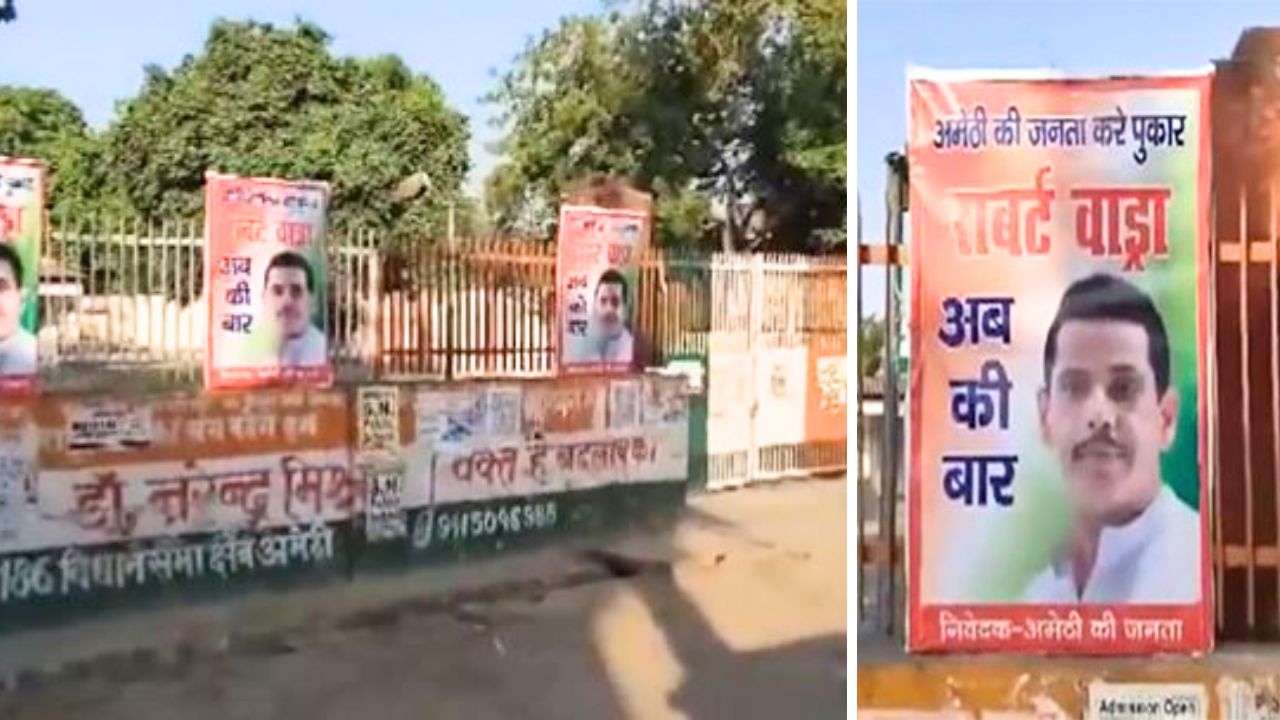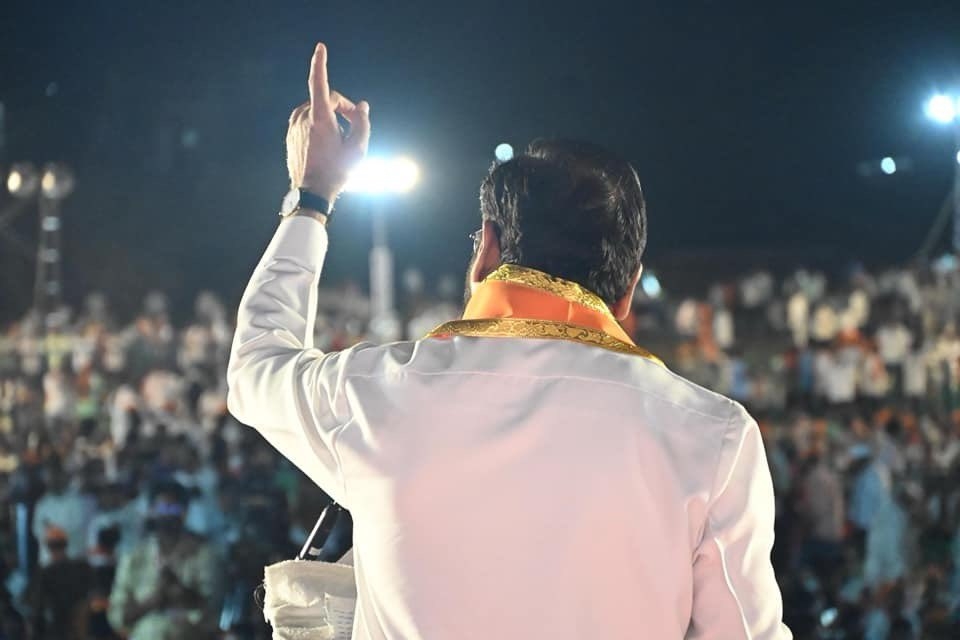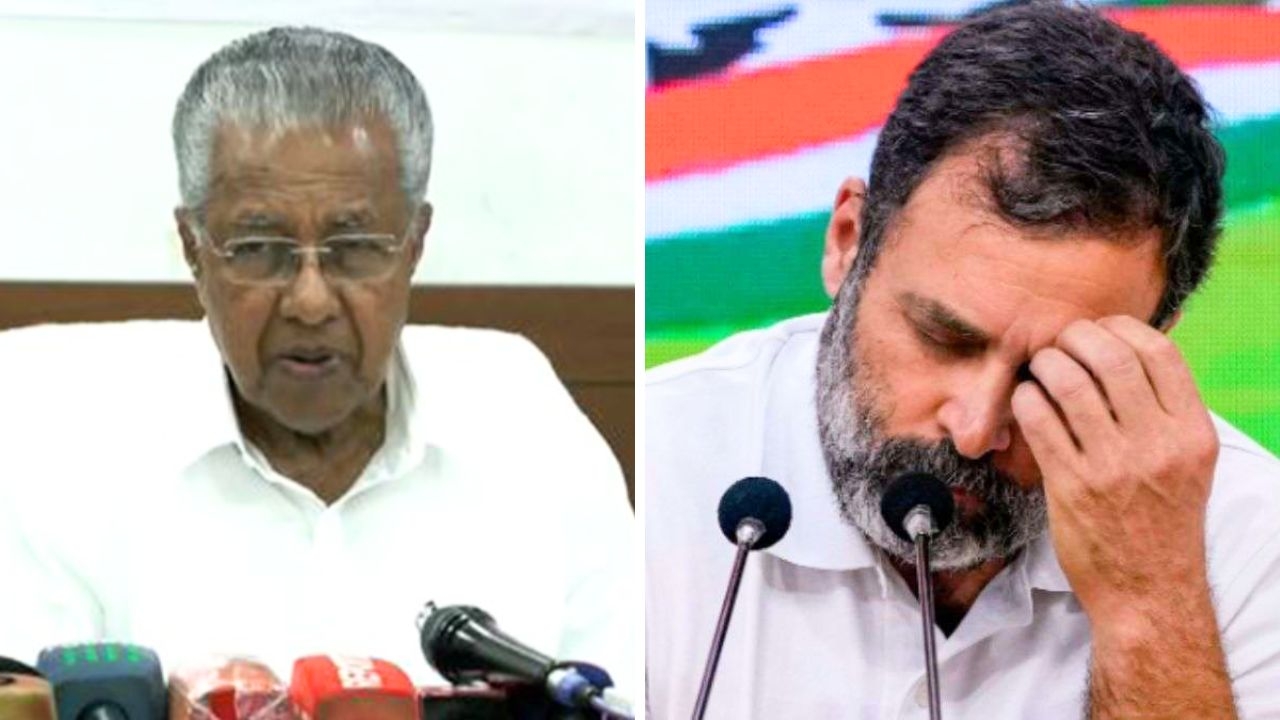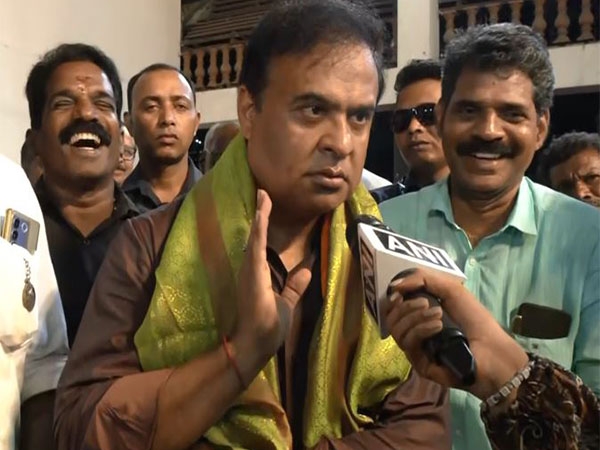Jalalabad attack: Modi needs to give Pakistan a fitting reply
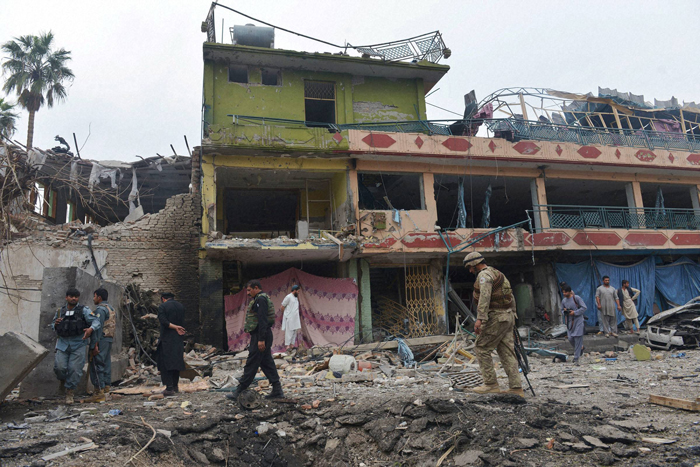
The motive
- Jalalabad attack is Pak Army\'s message to India, Ashraf Ghani and Taliban who\'re warming up towards India
- Pak Army thinks that PM Narendra Modi will respond with words, at most
- It\'s about time India gives a fitting reply to Pakistan\'s
More in the story
- The significance of the attack
- What is Pakistan\'s strategy?
- How should India respond?
The terrorist attack this morning on the Indian Consulate-General in Jalalabad in south-east Afghanistan is one more clear and unmistakeable signal sent by the Pakistani generals to Prime Minister Narendra Modi. It is also a message to the Afghan National Unity Government, especially President Ashraf Ghani, to be mindful of Pakistan's concerns about the Indian presence in Afghanistan.
Finally it is also meant for those Taliban who have been showing an interest in opening up towards India. The primary target of the message though is Modi notwithstanding the continuing but quiet security related dialogue between the Indian and the Pakistani National Security Advisors.
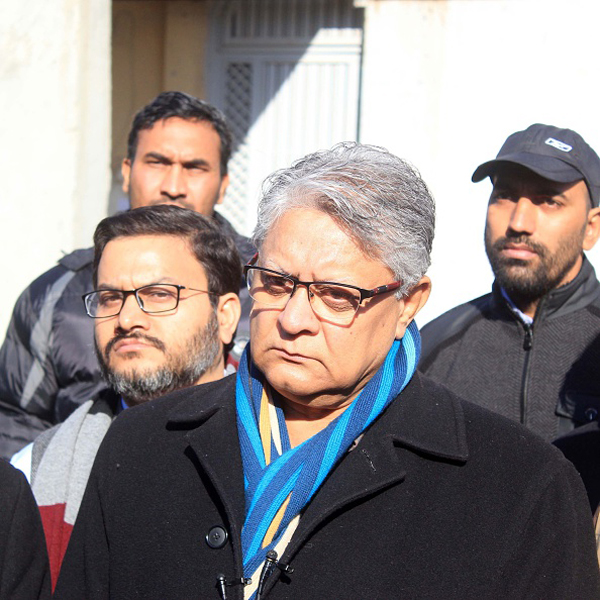
Photo: Sayed Khodaberdi Sadat/Anadolu Agency/Getty Images
Pakistan Army's message to Modi
The first message the generals sent to Modi was in May 2014 on the eve of his taking oath as Prime Minister. Terrorists attacked the Indian Consulate-General in Herat in western Afghanistan. Its purpose was to show both that howsoever close a relationship he may build with his Pakistani counterpart Prime Minister Nawaz Sharif, it was the army that mattered in that country. It also put Modi on notice that an enhanced or aggressive role in Afghanistan would invite violent action against Indian representations and interests in that country.
Also read: India should show no unnecessary flexibility with Pak
The generals were no doubt chagrined at his excellent speech at the inauguration of the Afghan Parliament building (constructed by India) especially his reference, although indirect, to Pakistan's sustenance and sponsorship of terrorism in Afghanistan. While pledging to continue the very popular Indian assistance programme Modi took a dig at Pakistan's paranoia at the Indian presence in Afghanistan and particularly with the Indian Consulates-General.
It is sheer good fortune that none of these attacks, including this mornings, have caused any Indian casualties. The Afghan military forces and the Indo-Tibetan Border Police (ITBP) that provide security cover to the Consulates-General have done a commendable job in ensuring that these terrorist attacks were foiled. This is in contrast to the loss of precious Indian and Afghan lives lost in the terrorist attacks against the Indian embassy in Kabul in 2008 and 2009.
Also read: #Mazar-e-SharifAttack: why it's a warning Modi & Ghani must heed
However, there cannot be reliance on luck for ever. While the security of all Indian representations need to be appropriately evaluated and strengthened where required, a strong warning has to be sent to Pakistan that this game has to stop. And the warning has to be backed with teeth.
This is because the generals have by now got convinced that Modi will not take any purposeful action that will be a departure from the Pakistan policy of his predecessors: his response will be limited to words and, driven to the extreme, downgrade the Indian-Pakistan bilateral engagement. It is essential that the generals' thinking be shaken. However, as yet, there is no indication that Modi is willing to accept that these are the messages, leave alone ask his advisors to craft suitable responses.
Ashraf Ghani changes his approach
On assuming office, Ghani decided to woo the Pakistani army to deliver the Taliban to the negotiating table. For this purpose he showed a willingness to go slow on relations with India and reduce cooperation in the security sector. Influential sections of Afghan opinion condemned this approach and Ghani lost face when Pakistan did not stop Taliban violence.
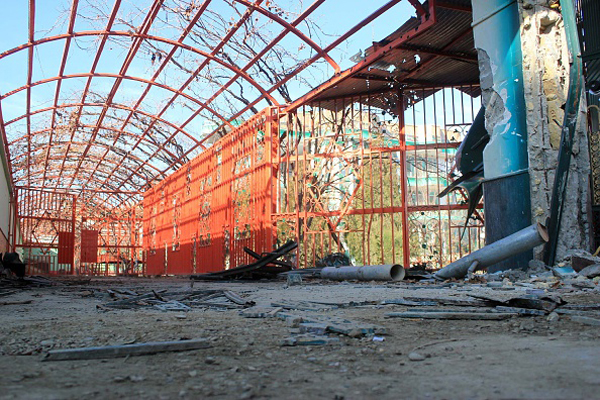
Photo: Sayed Khodaberdi Sadat/Anadolu Agency/Getty Images
Finally Pakistani duplicity over Mullah Omar's death angered Ghani to modify his approach on India. Just prior to Modi's visit to Kabul he accepted four attack helicopters from India. This was even while he was pursuing Pakistan on the Taliban.
Ghani's efforts backed by the US and China are now part of the Quadrilateral group which includes Pakistan. He hopes that the US and China will bring sufficient pressure to bear on Pakistan to eliminate Taliban violence and make them agree to open direct negotiations to terminate their insurgency.
Four meetings of this group have been held and now the stage is set for the Taliban to have direct contacts with Kabul. However there is no indication as yet that they are willing to do so. Instead they are laying down preconditions that Kabul will not be able to meet.
Also read: Let's face it Mr Modi, Pakistan will never abandon terrorism
Meanwhile Ghani has also proposed the establishment of a 6+1 group consisting of Afghanistan, Pakistan, the US, China, Russia, Iran and India, to assist in stabilising the country. Iran, Russia and India had supported the Northern Alliance against the Taliban in the 1990s. It is clear that Ghani's proposal is to ensure that these three countries which have influence in Afghanistan do not subvert peacemaking between Kabul and the Taliban.
The Jalalabad attack is also to warn Ghani against the involvement of India in important multilateral groupings on sensitive issues concerning Afghanistan. This is besides the anger at Ghani's changed approach on Indian involvement in the security sector.
There have been reports that some Taliban representatives have approached some Indian non-officials to urge contacts between Delhi and their group. Certainly the Pakistani generals would be aware of these overtures. The attack therefore also serves a purpose to put on notice those Taliban who wish to diversify their options through an opening with India.
It remains to be seen how these Taliban officials will react to this Pakistani signal. It must be borne in mind that the Taliban are not a monolith. Besides, the Pakistanis can always call upon the Haqqanis to carry out an attack especially in Jalalabad.
It is time for Modi to strongly respond to these Pakistani provocations. Will he or will it be business as usual.
First published: 2 March 2016, 11:53 IST
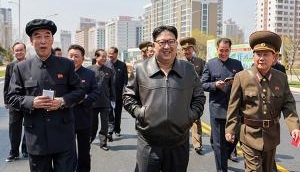
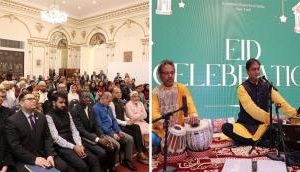
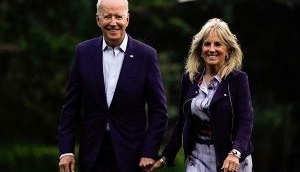
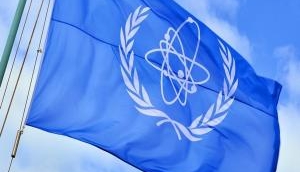

![BJP's Kapil Mishra recreates Shankar Mahadevan’s ‘Breathless’ song to highlight Delhi pollution [WATCH] BJP's Kapil Mishra recreates Shankar Mahadevan’s ‘Breathless’ song to highlight Delhi pollution [WATCH]](http://images.catchnews.com/upload/2022/11/03/kapil-mishra_240884_300x172.png)

![Anupam Kher shares pictures of his toned body on 67th birthday [MUST SEE] Anupam Kher shares pictures of his toned body on 67th birthday [MUST SEE]](http://images.catchnews.com/upload/2022/03/07/Anupam_kher_231145_300x172.jpg)


